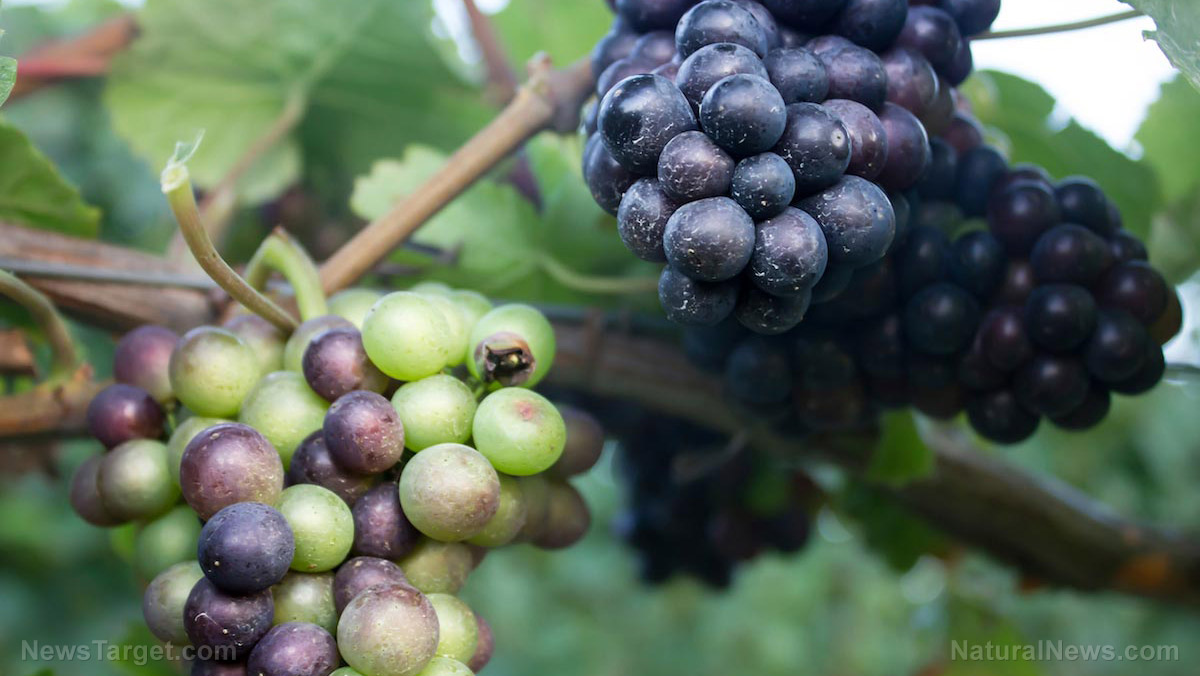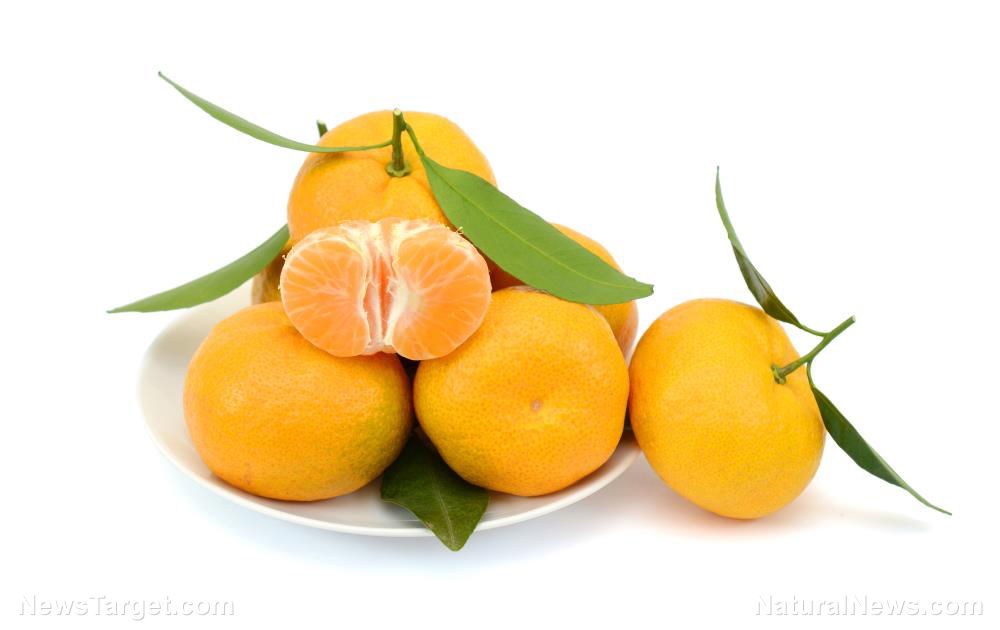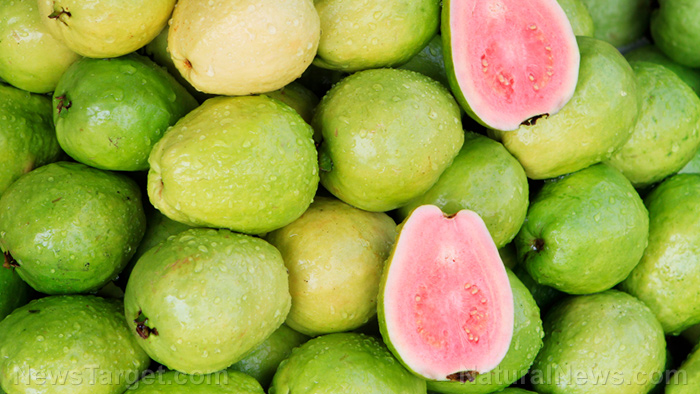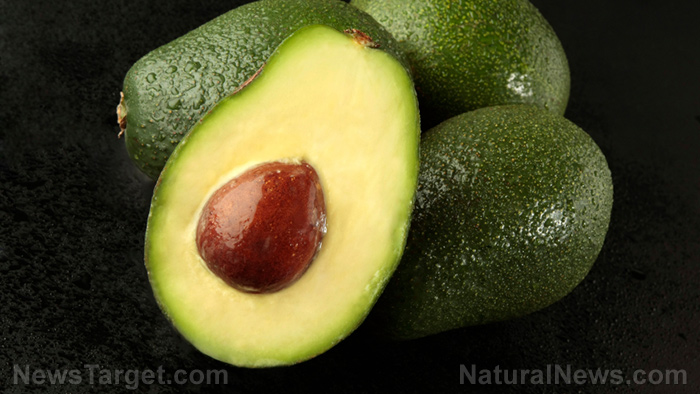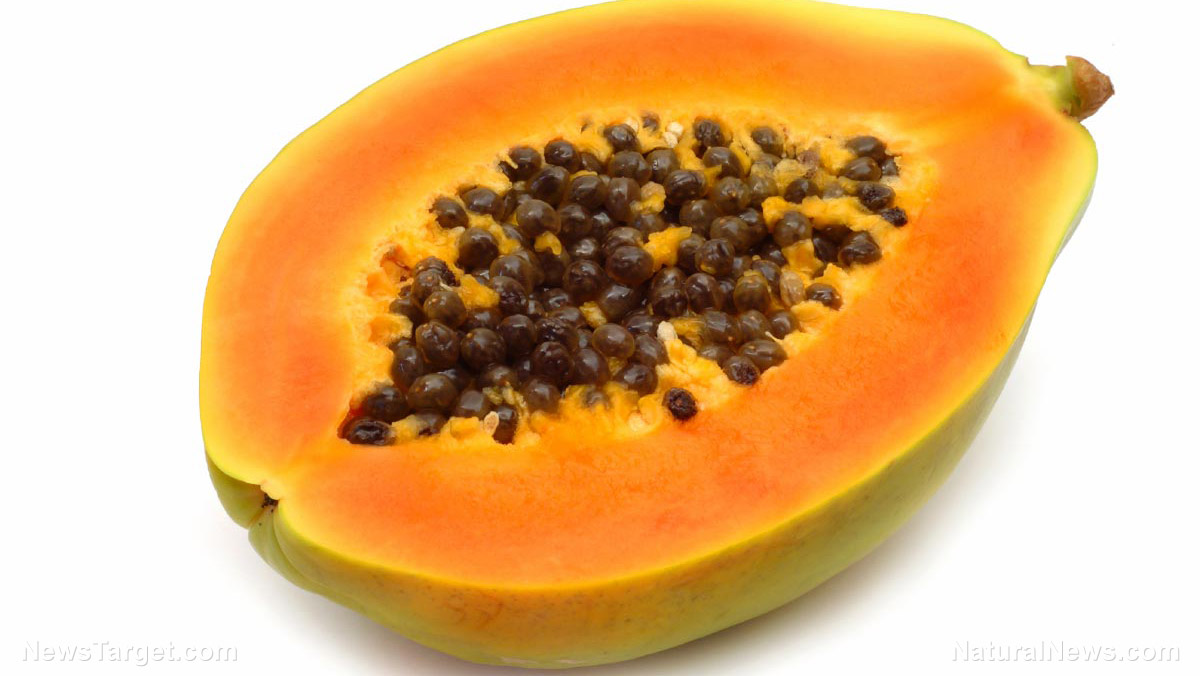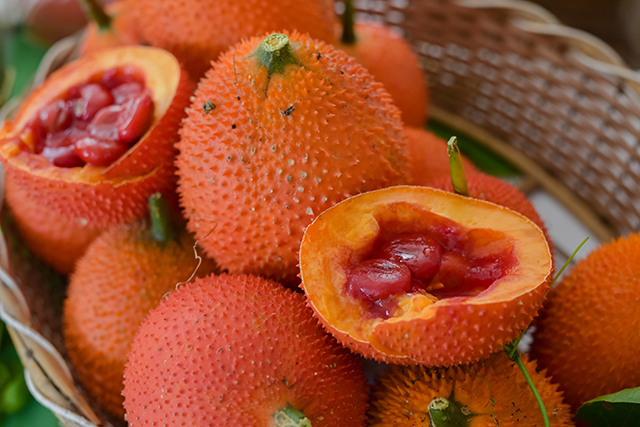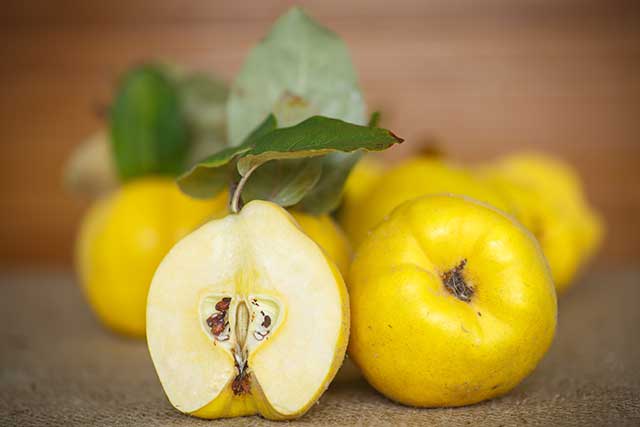- Fruits.news
- SuperFoodsnews.com
- Fresh.news
Chiku – sources, health benefits, nutrients, uses and constituents at NaturalPedia.com
08/09/2017 / By Earl Garcia
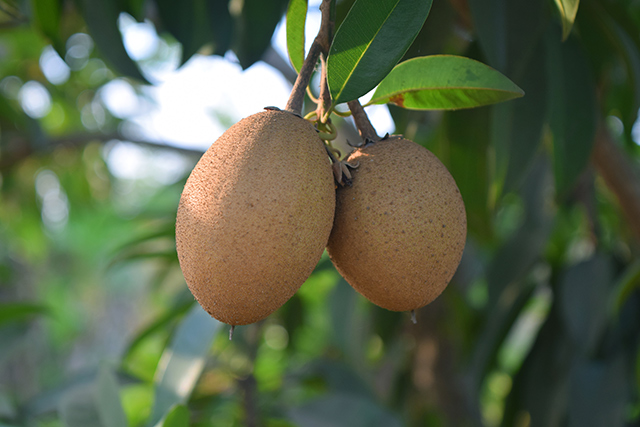
Chiku, also known as sapodilla or sapota, is a tropical fruit that is as popular as mangoes, jackfruit, and bananas. Chiku is native to the Central American rainforests. According to an article posted on the Nutrition and You website, the cultivation of chiku has spread throughout the tropical belt. The fruit is now a major produce in India, Sri Lanka, Indonesia, and Malaysia. The fruit is characterized by its brown, sandy skin and soft, sweet interior. The fruit’s flesh is grainy and has a slightly musky flavor.
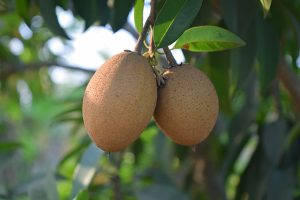
List of known nutrients
Chiku is packed with a vast number of nutrients that help stave off a host of diseases. An entry posted on the Nutrition Value website shows that chiku contains the following components:
- Alanine
- Arginine
- Aspartic Acid
- Calcium
- Copper
- Folate
- Glutamic Acid
- Glycine
- Histidine
- Iron
- Isoleucine
- Leucine
- Lysine
- Magnesium
- Methionine
- Monounsaturated Fatty Acids
- Niacin
- Pantothenic Acid
- Phenylalanine
- Phosphorus
- Polyunsaturated Fatty Acids
- Potassium
- Proline
- Riboflavin
- Selenium
- Serine
- Sodium
- Thiamine
- Threonine
- Tryptophan
- Tyrosine
- Valine
- Vitamin A
- Vitamin B6
- Vitamin B12
- Vitamin C
- Zinc
Medicinal uses for chiku
Chiku is best known for its beneficial effects to the digestive system. The tropical fruit contains powerful anti-inflammatory properties that help alleviate pain and swelling, and address a variety of digestive issues such as esophagitis, enteritis, irritable bowel syndrome, and gastritis. Chiku is loaded with essential nutrients — such as potassium, iron and folate, niacin and pantothenic acid — that maintain a healthy digestive function. Likewise, the high fiber content in chiku helps relieve constipation and fortifies the colon’s membranes against infections. Also, the fruit’s purgative properties are found to treat diarrhea, piles, and dysentery. The tropical fruit is known to induce healthy weight loss, too.
Chiku is also shown to contain polyphenolic antioxidants that boast potent antiviral, anti-parasitic, and antibacterial properties. These antioxidants inhibit bacterial infections. Likewise, the high vitamin C content in chiku is known to counter the harmful effects of free radicals on the body. Besides this, it is touted to rid the respiratory tract of excess mucus and phlegm. This in turn, relieves congestion and alleviates cough and colds.
In addition, the abundant magnesium supply in chiku is known to maintain healthy blood vessels. The tropical fruit’s rich potassium content aids in blood pressure control and overall blood circulation. Likewise, chiku is notably high in iron, which prevents the onset of anemia. The tropical fruit also possesses haemostatic properties that help mitigate excessive bleeding from injuries.
Aside from its beneficial effects on cardiovascular health, chiku is also shown to protect the body against certain types of cancer. The antioxidants, dietary fiber, and nutrients found in chiku are known to bind with carcinogens and keep cancer at bay. The high vitamin A content in chiku is touted to fend off lung and oral cavity cancers. Moreover, the tropical fruit is loaded with calcium, phosphorus, and iron that enhance bone strength and integrity. Furthermore, the high vitamin A levels in chiku are helpful in maintaining good eyesight. The tropical fruit also contains both sedative and diuretic properties that address certain conditions such as anxiety, depression, and bladder and kidney stones.
Body systems supported by chiku
Chiku is particularly beneficial to both the digestive and cardiovascular systems. Likewise, the fruit is known to support the respiratory, immune, and circulatory systems. Its high nutrient content is also helpful in maintaining healthy bones and eyes. The tropical fruit also promotes the overall health of both the urinary and nervous systems.
Ways to use chiku
As with other tropical fruits, chiku is commonly consumed as a table fruit. Chiku is also used in many dessert recipes such as cakes. Likewise, chicku can be incorporated into a variety of beverages such as smoothies and milkshakes. The Very Good Recipes website has curated some interesting chiku recipes across the web.
Where to learn more
Summary
Chiku prevents cancer, cardiovascular disease,s and digestive issues.
Chiku staves off bacterial infections, excessive bleeding, and depression.
Chiku benefits the digestive, cardiovascular, immune, and skeletal systems.
Chiku also supports the circulatory, respiratory, nervous, and ocular systems.
Sources include:
Tagged Under: Chiku


